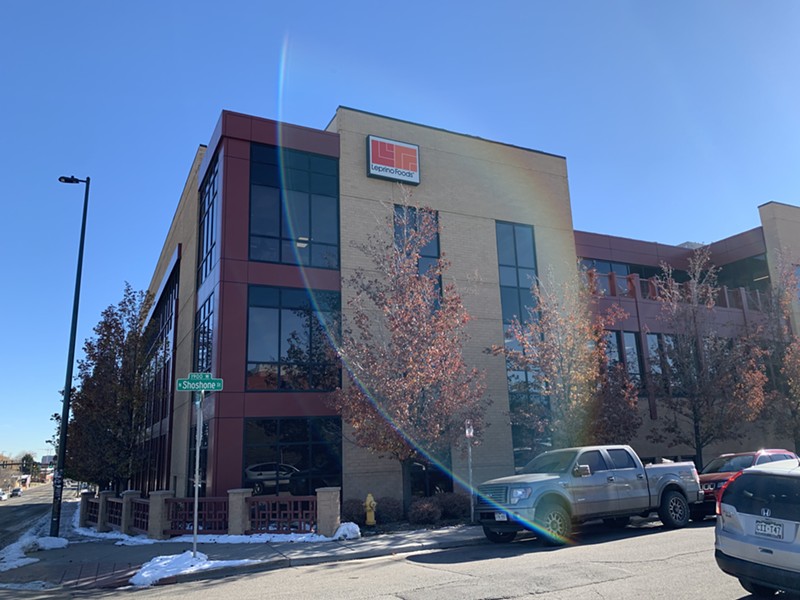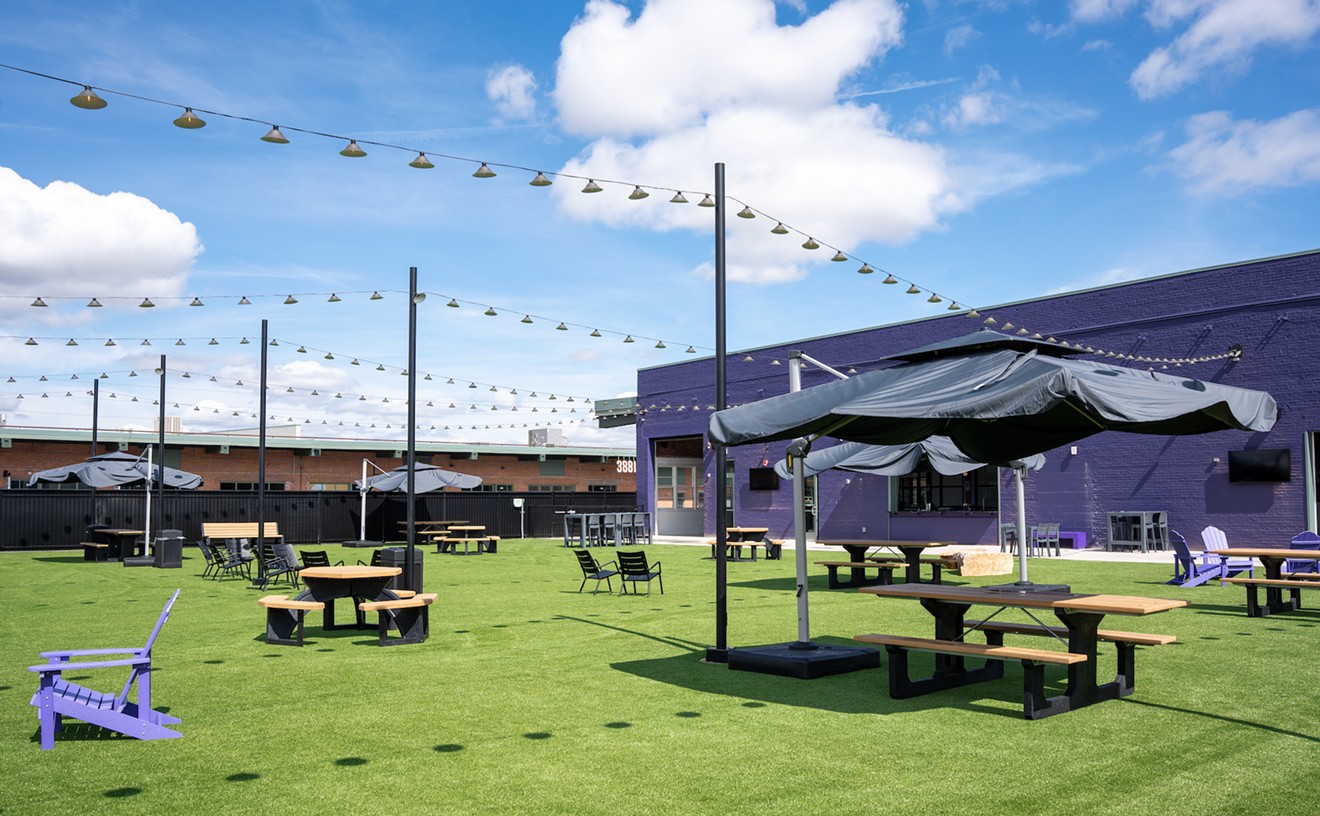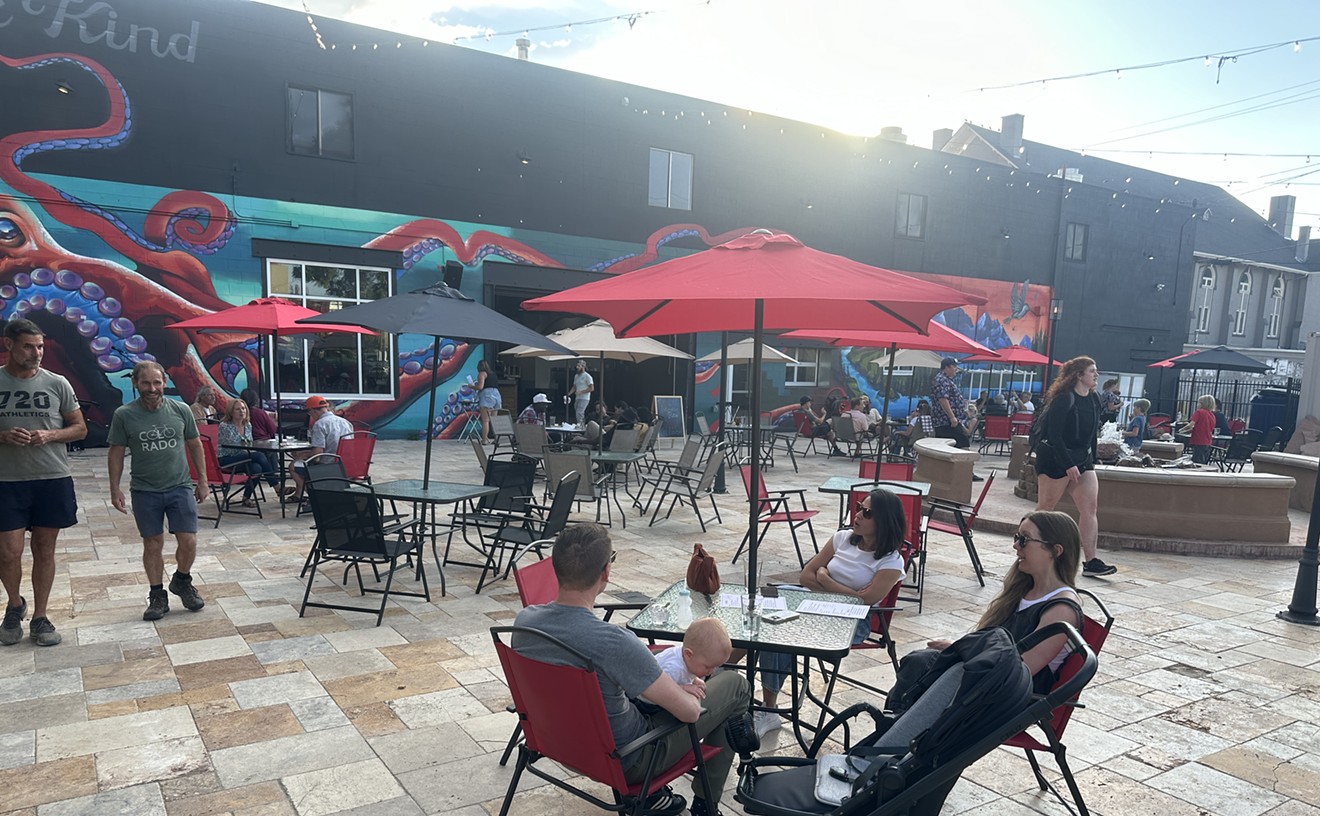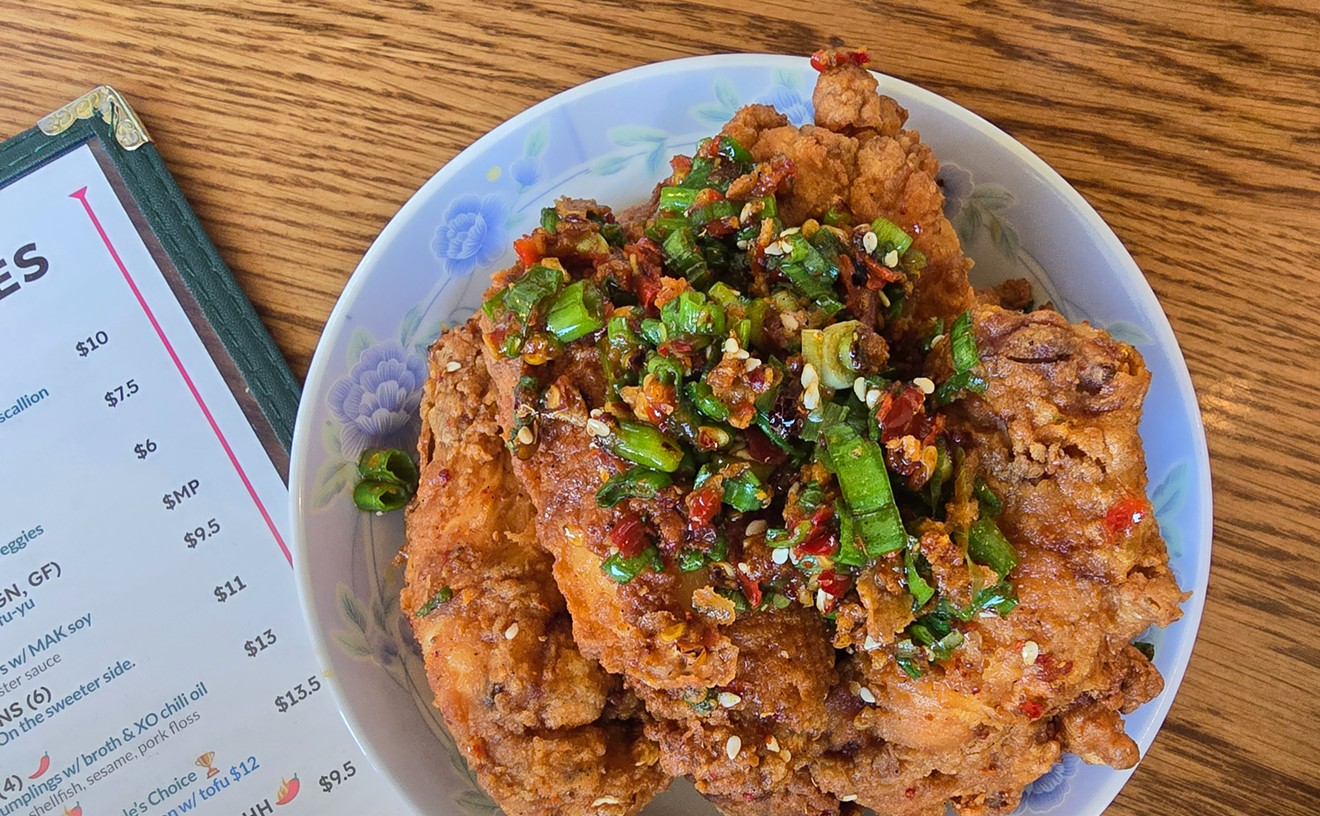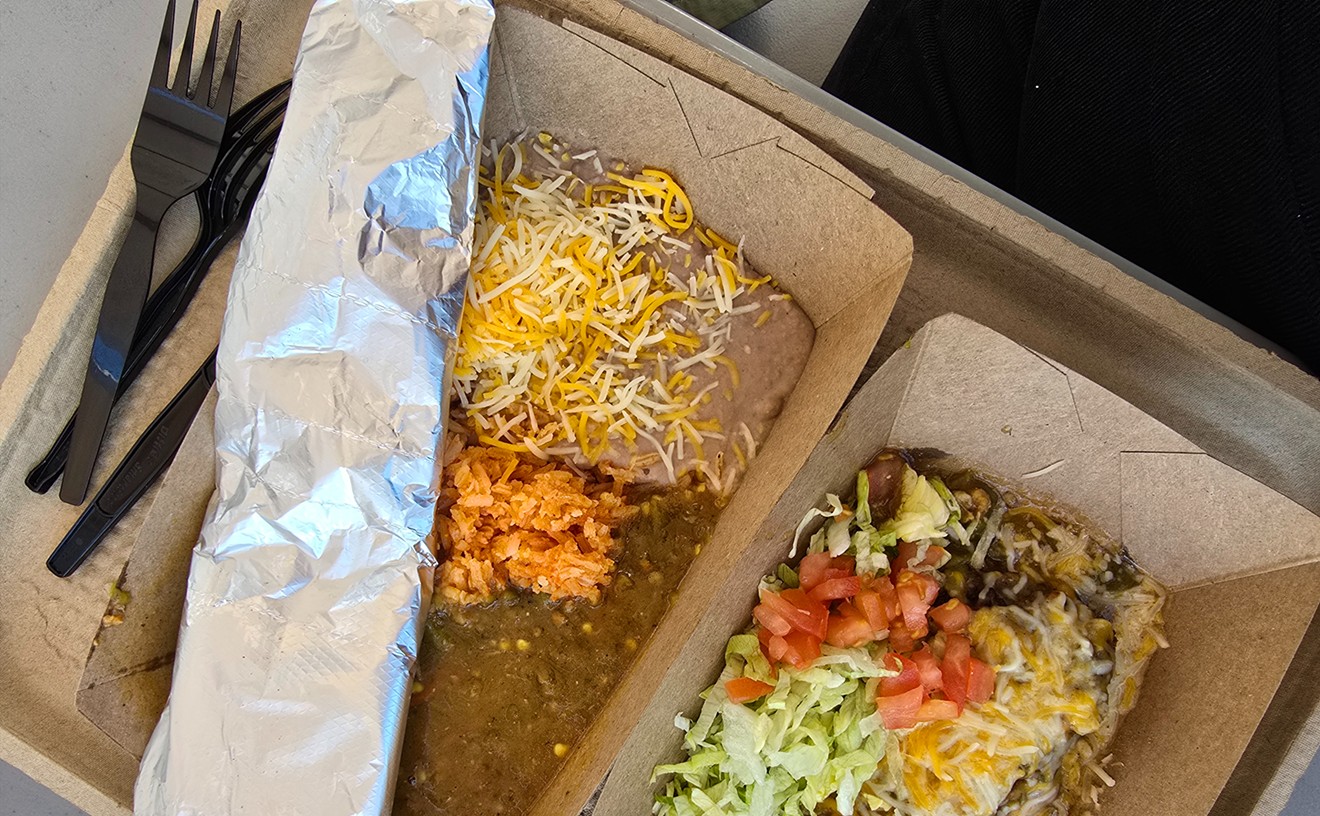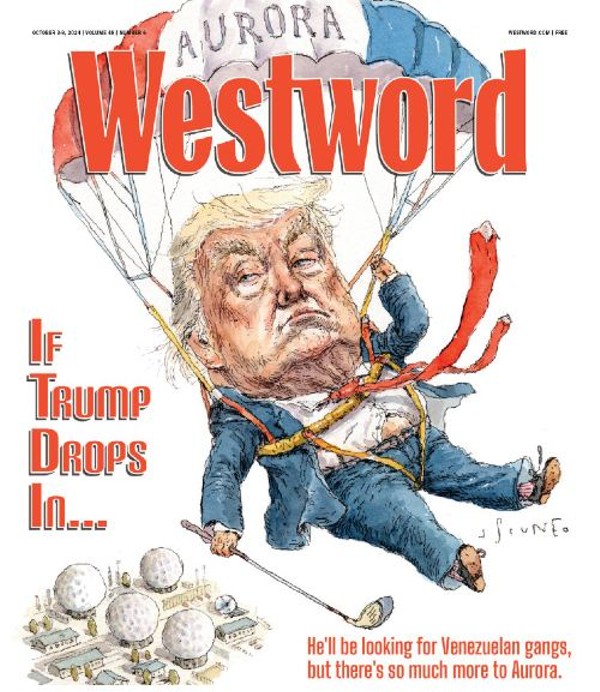After only three hours of deliberation on December 9, a Denver jury found in favor of the defendants, Leprino Foods Company, James "Jim" Leprino and his daughters, on both claims of breach of fiduciary duty in a case that began on November 28.
The verdict caps a nine-day trial that has zigged and zagged, revealing the private dynamics of the Leprino family, offering days of expert witness testimony and, of course, putting a lot of cheese at stake (almost a billion dollars). At its core: Jim Leprino, founder of this mozzarella cheese behemoth, had been sued by two of his nieces, Nancy and Mary.
The different strategies of the attorneys on both sides were stark on the afternoon of December 8, during closing arguments. The plaintiffs' lawyers played to the jurors' emotions, describing this as a case of “right and wrong," pleading with the jury not to allow a billionaire to flout the rules without consequence. "This isn't about the money," Michael Burg, of Burg Simpson Eldredge Hersh & Jardine PC, said several times.
He characterized Jim Leprino as an old, bitter, angry man intent on owning 100 percent of Leprino Foods, and noted that his first attempt at full control of the company came in 2008, when he proposed purchasing the 25 percent of the company's shares owned by his brother, Michael Jr., for $250 million; the plaintiffs’ expert witnesses valued the shares at a fair market value of $634 million. In a letter to his older brother, Jim wrote, “This issue has been lingering between the two of us for too long…I would like to solidify my plan for the transition of control of the LLC by having LLC purchase your stock.”
Michael Jr. refused to sell in 2008 and again in 2012, when Jim approached him with the same offer: $250 million for his 25 percent of the shares. Burg described this as the moment when Jim Leprino decided to hatch his plan: Remove Michael Jr. from the board of directors to keep him in the dark; convert Leprino Foods Company from an S to a C corporation; and arrange for only his immediate family to loan their $405 million conversion payout back to the company to ensure consistent cash flow to his daughters and grandchildren.
Throughout the trial, the plaintiffs' lawyers painted Nancy and Mary Leprino as collateral damage to Jim’s schemes to get back at his brother. Earlier in the trial, Nancy provided emotional testimony through a letter she had written to her "Uncle Jim” after he kicked her out of the Leprino Foods headquarters at 1830 West 38th Avenue: "I love you, Aunt Donna, Terry and Gina very much. I treasure the lifetime we have spent together. Sunday dinners and holidays at Grandma and Grandpa’s house, weddings, funerals, baptisms, masses at your house and our house, boating at Lake Dillon, go-carting in your back yard are all experiences I carry in my heart. Our family has meant unity, faith, strength, forgiveness, kindness and love to me."
This emotional testimony was offset by Jim Leprino’s stone-faced video testimony. Burg used an excerpt as proof of Jim’s premeditated scheme: “I got more fucking money than I know what to do with. No one is going to take money out of the company, ’cause I’ve got it all set up for the next twenty to thirty years. I get $8 million, my girls get $10, my grandkids get $8 to 10 million a year.”
In one of the funnier moments of the trial, Burg seized the defense’s larger-than-life cardboard cutout of a handwritten note by Nancy Leprino, which the defense had claimed shows knowledge of the loans, stabbing at it with his finger to convince the jury not to consider the defendants' claims as valid.
But these antics were to no avail. Jim Leprino’s lawyers had framed this case as wholly a business matter of whether their client had breached his fiduciary duty to his nieces. “Despite the complex business, food manufacturing, construction of large plants, the most often repeated question that has come from the plaintiff, nearly of every witness, is, ‘How did that make you feel?’” noted Cliff Stricklin, of King & Spalding LLP, which represented the majority shareholders. “I think that feelings are important. ... Despite our deep respect for feelings, hurt feelings are not a basis for a claim. This is not an emotional distress case.”
The defense lawyers presented a slide showing items that the judge had already ruled as not a breach of fiduciary duty, including the 2014 removal of Michael Jr. from the board of directors and the 2017 conversion from S to C corporation, as well as declining the plaintiffs' request for a seat on the board of directors in 2019. They emphasized that the only two items up for consideration were whether there was a breach of fiduciary duty in regard to 1) the loan-back and 2) withholding information from minority shareholders and claiming their shares were “worthless.”
The defense’s star expert witness was Douglas K. Moll, a law professor at the University of Houston Law and an expert on business law, particularly as it pertains to private companies. On the witness stand, Moll offered such memorable quotes as “Fairness does not mean equality,” when speaking on fiduciary duty, and "the law professor in me died inside," when responding to testimony from Patrick Gibbs, the fiduciary on the nieces' trust, about de facto dividends.
Moll's main point was re-emphasized by Stricklin in closing statements, which included a slide that said, “NO DAMAGES means NO CLAIM.” Moll was adamant that for there to be economic damages to the minority shareholders, they would have needed to suffer financial loss. Instead, the defendants' lawyers pointed out, Nancy and Mary made more on their $90 million investment from the conversion disbursement than if they had lent that money back, pointing to the testimony of Nancy and Mary’s long-term financial advisor, who stated that the sisters have made $13 million from their investments from July 2017 to the end of November 2022.
Strickland contrasted that with the obligation Jim Leprino felt to forgo financial gain, and instead reinvest the $405 million that he and his family received back into the company. A senior executive at Leprino Foods testified that when he told Gibbs he was lucky his shareholders didn’t have to loan the money back, Gibbs responded, “Well, that’s good.”
Asked if the loans were good for the company, another witness replied, “Yeah, they were great.”
The defendants argued that the 2.68 percent interest rate was legally the lowest interest rate the company could take, and that they made 4.11 percent in average annual interest and investment income. They characterized Jim as “old-fashioned” and adamant about avoiding banks to tap for additional needed capital. This loan-back plan was a duty and obligation Jim and his family took for the benefit of the company, they said, which was predicted to add $5.72 million to the company’s bottom line every year. In fact, the plaintiffs' own expert witness on business valuation used the loan as a company capital asset to provide a valuation of the nieces' 17 percent shares.
The defense lawyers pushed against the image the plaintiffs' lawyers were painting of Nancy and Mary Leprino as innocent victims. They called them out for not even asking Jim for the same loan-back opportunity before going ahead with this lawsuit. Strickland characterized the nieces as money-hungry and willing to destroy the legacy of Leprino Foods Company in their quest to monetize their shares, and he asked the jury to not let the nieces destroy the company that Jim has built.
The defense's argument resonated with the jury. After Judge Stephanie Scoville read the verdict, there was silence in the courtroom as the jury was dismissed. Once the jury room door was shut, Jim Leprino and his daughters embraced each other and their lead counsel, while the plaintiffs, their family and their lawyers quickly headed to the hallway outside the courtroom to regroup.
A little later, one of the jurors came back and approached the defense lawyers to congratulate them and pass on how impressed she was by their presentation of the case. It was clear that a huge weight for all the defendants and their lawyers had been lifted. “We’re glad the truth came out and affirmed the way that James G. Leprino does business. We’re happy the legacy of Leprino Foods Company will go on for decades to come,” Strickland said.
It was a different story in the hallway. “We think it sends the wrong message, and what the [380th] richest person in the world can manipulate, can breach their fiduciary duty, and hire two of the biggest law firms in the world,” Burg said.
There might be post-trial motions and appeals, but for now, the jury has spoken — and the big cheese has won.

Audio By Carbonatix
[
{
"name": "Air - MediumRectangle - Inline Content - Mobile Display Size",
"component": "12017618",
"insertPoint": "2",
"requiredCountToDisplay": "2",
"watchElement": ".fdn-content-body",
"astAdList": [
{
"adType": "rectangle",
"displayTargets": "mobile"
}
]
},{
"name": "Editor Picks",
"component": "17242653",
"insertPoint": "4",
"requiredCountToDisplay": "1",
"watchElement": ".fdn-content-body",
"astAdList": [
{
"adType": "rectangleLeft",
"displayTargets": "desktop|tablet"
},{
"adType": "rectangleRight",
"displayTargets": "desktop|tablet|mobile"
}
]
},{
"name": "Inline Links",
"component": "18838239",
"insertPoint": "8th",
"startingPoint": 8,
"requiredCountToDisplay": "7",
"maxInsertions": 25
},{
"name": "Air - MediumRectangle - Combo - Inline Content",
"component": "17261320",
"insertPoint": "8th",
"startingPoint": 8,
"requiredCountToDisplay": "7",
"maxInsertions": 25,
"watchElement": ".fdn-content-body",
"astAdList": [
{
"adType": "rectangleLeft",
"displayTargets": "desktop|tablet"
},{
"adType": "rectangleRight",
"displayTargets": "desktop|tablet|mobile"
}
]
},{
"name": "Inline Links",
"component": "18838239",
"insertPoint": "8th",
"startingPoint": 12,
"requiredCountToDisplay": "11",
"maxInsertions": 25
},{
"name": "Air - Leaderboard Tower - Combo - Inline Content",
"component": "17261321",
"insertPoint": "8th",
"startingPoint": 12,
"requiredCountToDisplay": "11",
"maxInsertions": 25,
"watchElement": ".fdn-content-body",
"astAdList": [
{
"adType": "leaderboardInlineContent",
"displayTargets": "desktop|tablet"
},{
"adType": "tower",
"displayTargets": "mobile"
}
]
}
]

